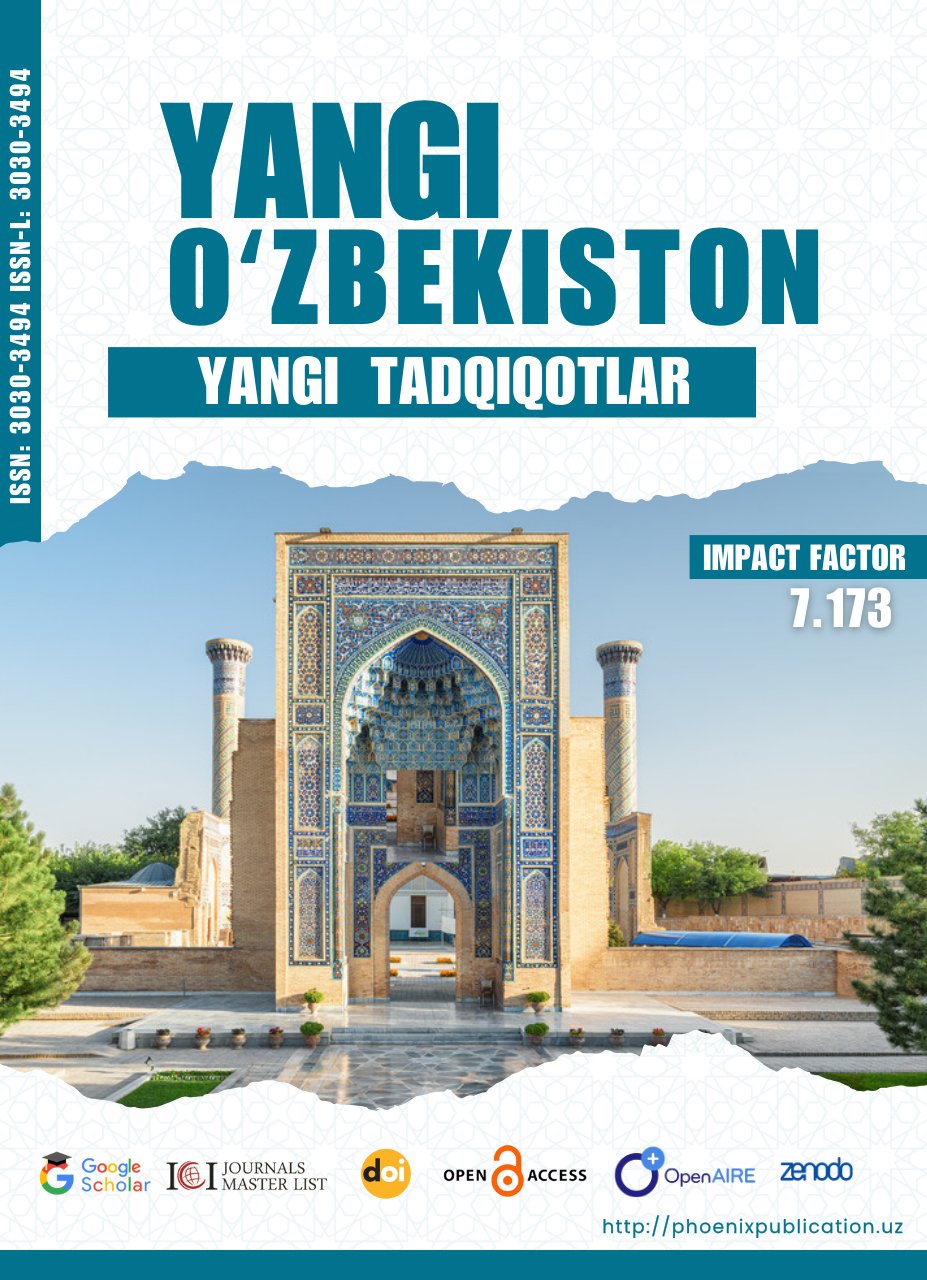Abstract
This article explores the themes of language and thought control in dystopian novel 1984. Through an analysis of key scenes, including the introduction of Newspeak and the ideas of doublethink, how the intentional simplification of language serves as a mechanism for the party to decline free will and thought. Analyzing scenes of Winston’s conversations with Syme and his experiences at the Ministry of Truth, which reveals the eliminate rebellious thought, as well as his role at Ministry of Truth, where historical records are changed according to Party’s order. It says how linguistic manipulation serves as a powerful means of validating totalitarian control over actual reality and human thought. Orwell’s insights warn us the importance of linguistic freedom in safeguarding freedom and democratic values. 1984 was published on June 8, 1949, 70 years ago . George Orwell would die from tuberculosis just a few months later in January 1950. The title of the book was picked since Orwell was writing in 1948 and simply reversed the last two digits to end up with a year that was almost unimaginably far into the future. He worked in jobs like dishwasher in both Paris and London. In fact, the working title was A Scullion’s Diary. Orwell’s real name was Eric Blair, but he did not want embarrass his family by being known as a hobo as result of the boo, so he picked the pseudonym George Orwell as a good English-sounding name. (1)
References
Cadence, Paul McLellan, June 7.2019
2. Nineteen Eighty Four, George Orwell Reading.com 2001.august,0100021.txt
